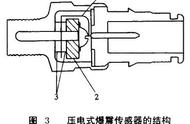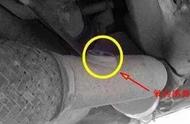have 作某些意义时,与 have got 通用,have got 是英国英语。
一、两者在肯定句、否定句和疑问句中的形态不一样
1、肯定句
have: 主语 have/has
have got: 主语 have got ('ve got) / has got ('s got)
2、否定句
have: 主语 do not (don't) / does not (doesn't) have
have got: 主语 have not (haven't) / has not (hasn't)
3、一般疑问句
have: Do / Does 主语 have?
have got: Have / has 主语 got?
二、两者的共同意义,此时两者通用
1、讨论拥有的东西,意为“有,持有,占有”,通常不用进行时,例如:
I have/have got a new mobile phone.
我有一部新手机。
Paul doesn’t have/hasn’t got a car.
保罗没有汽车。
2、讨论与别人的关系,意为“有”,通常不用进行时,例如:
Jane has/has got a brother.
简有一个哥哥。
He has/has got three children.
他有三个孩子。
3、讨论性质,特征,意为“显示出,带有”,通常不用进行时,例如:
She has/has got blue eyes.
她有一双蓝眼睛。
The house has/has got gas-fired central heating.
这所房子有燃气中央供暖系统。
4、讨论生病或暂时的状态,意为“患…,有…”,通常不用进行时,例如:
I have/ I’ve got a cold.
我感冒了。
They have/have got a problem.
他们有麻烦了。
三、两者的区别
1、用 have 而不用 have got 讨论我们做的事,比如吃饭,度假等,常跟名词 a bath、a shower 或 a wash,例如:
I have a cup of coffee at seven o’clock.
我七点钟喝杯咖啡。
Do you normally have a big breakfast?
你通常吃一顿丰盛的早餐吗?
Have a good holiday!
祝你假期愉快!
She’s having a shower at the moment.
她正在洗澡。
I always have a wash before I go out.
我出门前总要洗个澡。
2、在 have got 问句中,不用 got 作简短的回答,例如:
A: Have you got a dog?
你有养狗吗?
B: No, I haven’t.
不,我没有。
※实际上,have got往深里去讲,就是一个现在完成时。















